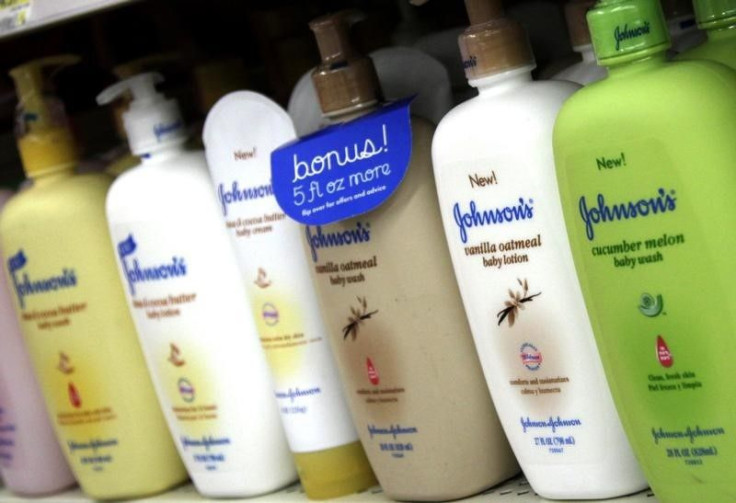Johnson & Johnson To Pay $136M For Improperly Marketing Anti-Psychotic Drug Risperdal

(Reuters) - South Carolina's Supreme Court ordered Johnson & Johnson to pay a penalty of $136 million, upholding a jury's finding that the drugmaker's Janssen unit had improperly marketed its anti-psychotic drug Risperdal and concealed its risks.
A trial court had earlier ordered J&J to pay $327 million, but the Supreme Court more than halved that penalty, citing a provision in South Carolina law that no action can be taken in such cases after three years of the discovery of unlawful conduct. South Carolina filed its complaint in April 2007.
"Janssen's desire for market share and increased sales knew no bounds, leading to its egregious violation of South Carolina law," Justice John Kittredge wrote in the ruling on Wednesday.
"Yet, the absence of significant actual harm resulting from Janssen's deceptive conduct leads us to conclude the trial court erred in part in its penalty assessment."
The state had sought civil penalties on two claims.
The first arose from the content of the written material of Risperdal prescriptions since 1994. The second claim centered on alleged false information contained in a November 2003 letter Janssen sent to South Carolina's prescribing physicians.
The South Carolina ruling conflicts with decisions by two other states' high courts last year.
J&J won a reversal of a $1.2 billion judgment by the Arkansas Supreme Court and won an appeal in Louisiana on a $258 million penalty.
Risperdal, launched in 1994, is used to treat conditions including schizophrenia, bipolar disorder and irritability in people with autism.
The drug and other anti-psychotic treatments have also been linked to side effects such as strokes, diabetes and weight gain. The case is State of South Carolina v. Ortho-McNeil-Janssen Pharmaceuticals Inc, No. 2012-206987.
(Reporting by Supriya Kurane in Bengaluru; Editng by Ted Kerr)



























